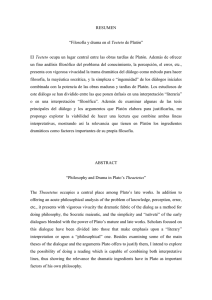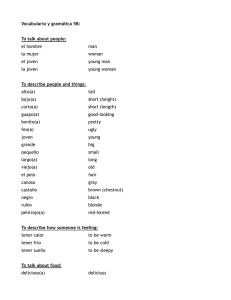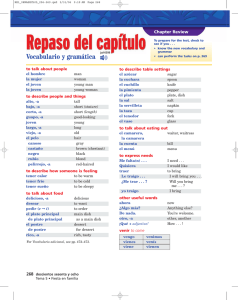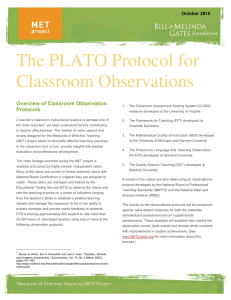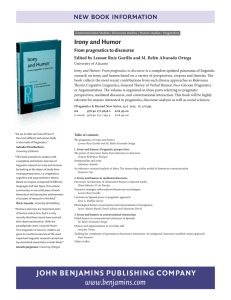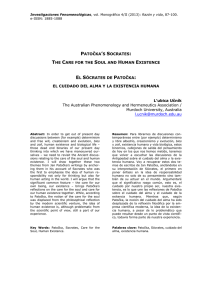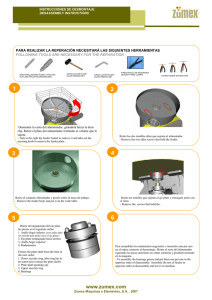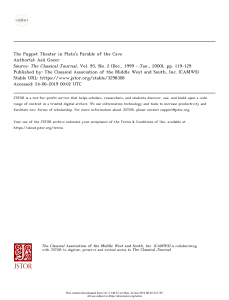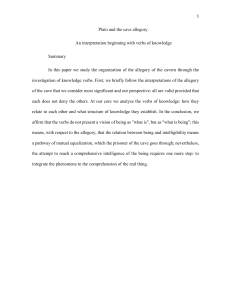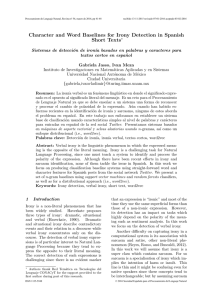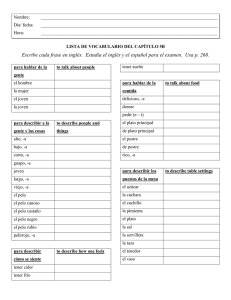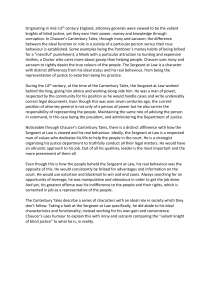Christopher RowE A number of writers on Plato have wanted to
Anuncio
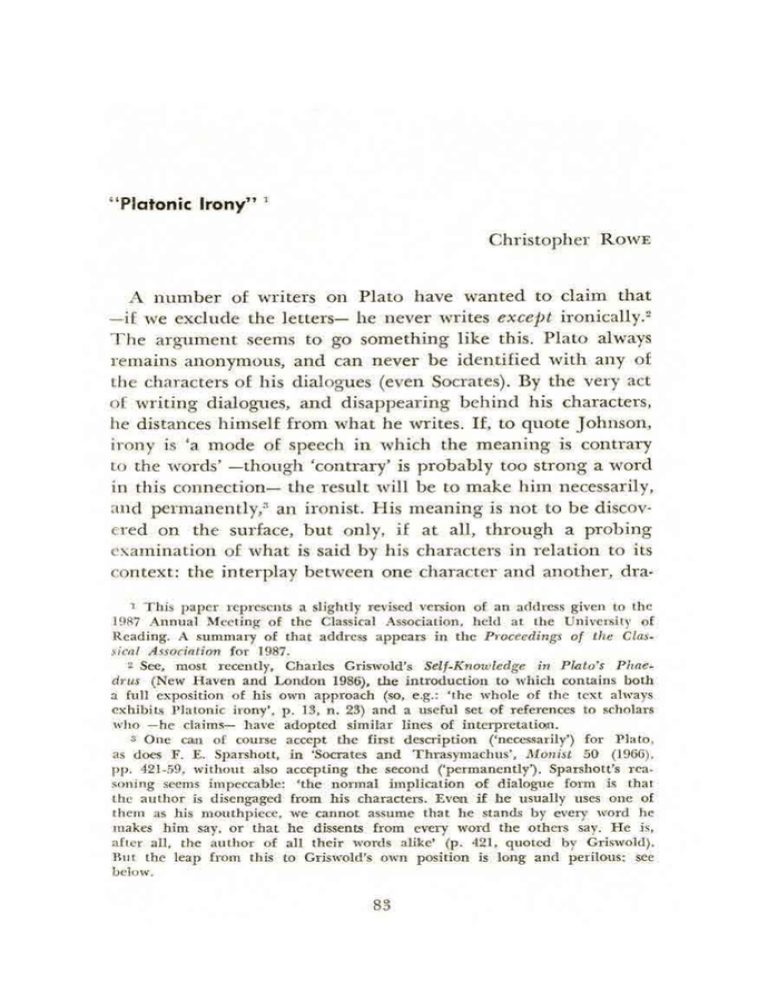
" Platonic Irony" ]
Christopher RowE
A number of writers on Plato have wanted to claim that
-if we exclude the letters- he never writes excej)t ironically. 2
The argument seems to go something like this. Plato always
remains anonymous, and can never be identified with any of
tbe characters of his dialogues (even Socrates). By the very act
of writing dialogues, and disappearing behind his characters,
he distances himself from what he writes. If, to quote Johnson,
irony is 'a mode of speech in which the meaning is contrary
to the words' -though 'contrary' is probably too strong a word
in this connection- the result will be to make him necessarily,
and permanently/ an ironist. His meaning is not to be discovered on the surface, but only, if at all, through a probing
examination of what is said by his characters in relation to its
context: the interplay between one character and another, dra1
This paper represents a slightly r-evised version of an address given
~o
the
19R7 Annual Meeting of the Classical As.~ociation, held aL the University of
Reading. A summary of that address appears in the Proceedi11gs of the Classictll A.s.fOcinf;irm for 1987.
2
Sec, mosl recently, Charles Griswold's Self-Knowledge in Plat.o's Phae-
drus (New Haven and London 1986), the introduction to which contains both
a full exposition <>f his own approach (so, e.g.: 'the whole of the text always
cxhibiL~
Platonic irony', p. 13, n. 23) and a useful set of references to scltolars
who -he claim~- have adopted similar lines of intcrpretaticm.
s One ClliU or course accept the first description ('nea>ssal'ily') for Plato.
as does F. E. SparshoLt, in 'Socrates and Thrasymachus', Mollist 50 (1966) ,
pp. 421-59, without also accepting the second ('permanently'). Sparsbott's Yea.
soning seems impeccable: 'Ute normal implication of dialogue [onn is that
the author is disengaged from his characters. Even if he usually uses one of
them as his m.outhpiece, we cannot assume that he stands by every word he
makes him say, or thaL he dissents from every word the others say. He js,
ai1er all, the aut11or of all their words alike' (p. 421, quoted by Griswold),
R111 the leap fxom rh is to Griswold's own position is long and perilous: see
below.
83
